Israel has analyzed the threat posed by the new Iranian cruise missile and has decided to take “some complementary” steps to make the country’s multi layered missile defence system more capable. Israel expects that Russia will help Iran to advance its ballistic missiles program.
Israeli sources said that the information achieved by Israel about that cooperation has been shared with the US in recent weeks together with Intel showing that Iran may transfer to Syria some of its air defence systems on the request of Moscow that needs all its air defence arsenal for the war in Ukraine.
Dany Yatom, former head of Mossad told me recently that the Iranians have very impressive technological capabilities and now Russia is expected to add to the existing ones.
“Israel should assume that technological knowledge is not only going from Iran to Russia in the shape of armed drones but at the other direction also, and this will increase the Iranian capability to hit targets in Israel.”
Israel has been developing interception systems for rockets and, ballistic missiles. The successful use of cruise missiles put their early detection high in the list of urgently needed operational systems.
Many of these systems are and will remain classified. But one has been partially exposed.
The preliminary design of the first Israeli nanosatellites swarm has begun.
The Israeli ministry of defence plans to order a large number of Nano and microsatellites that will be launched into space to form “Swarms”. This to improve Israel’s capability to get almost real time image intelligence of countries that pose threats to Israel, mainly Iran.
The plan is to launch the nano- and microsatellites to form swarms that will supply almost a continuous coverage of areas “of special interest” by high rate of revisits.
These small and relatively cheap satellites will operate in parallel to the Israeli full size spy satellites of the Offeq series.
All the Israeli spy satellites have been manufactured by Israel Aerospace Industries (IAI). The ministry this time seeks proposals also from Rafael, another defence state owned company.
Rafael has some years ago unveiled a satellite concept that weighs less than 220 pounds, about a quarter of the current Offeq series satellites and still delivers 23-inch resolution images. The price of such a Nano satellite is expected to be approx. USD 20 million.
The low orbit spy satellites from the Offeq series, visit “areas of interest” in big intervals. Their optical or radar payloads cannot keep a persistence watch over the “Areas of interest, and when it comes to the ballistic missiles threat, this is a major problem. Israeli sources say that some 30 minutes are needed from the command to prepare a ballistic missile for launch until it is ready for launch, and this if the protection silos are well equipped. Such a short time, when the enemy is aware of the “visiting” time of the spy satellites over his territory, can be the perfect trick to avoid the early detection of the preparations and the launch itself, when the burn of the missiles engines, make it a very clear target for space based infra-red sensors.
This applies to ballistic missiles that can be easily detected when they assume a lofted trajectory. But when cruise missiles are the threat, it is essential to detect them seconds after launch.
In the past, when the idea was first brought up, one plan was to launch the satellites using a launcher that will be carried to a very high altitude by a combat aircraft.
But now it seems that the plan is to use ground launchers, that each will carry many of these small satellites into their orbit is space.
“The optical capabilities of a nanosatellite are limited because of the size of the optical payload. But when you use a constellation of such satellites, the combined capability can be very effective in missions like locating missile launchers, ” the source added.
So if all goes well IAI or Rafael may get the first contacts to build the nanosatellites that will give Israel more sharp eyes in space to watch an area of interest almost continuously.

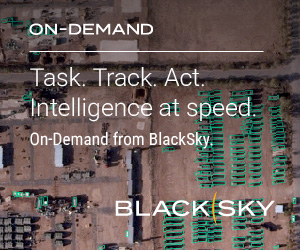







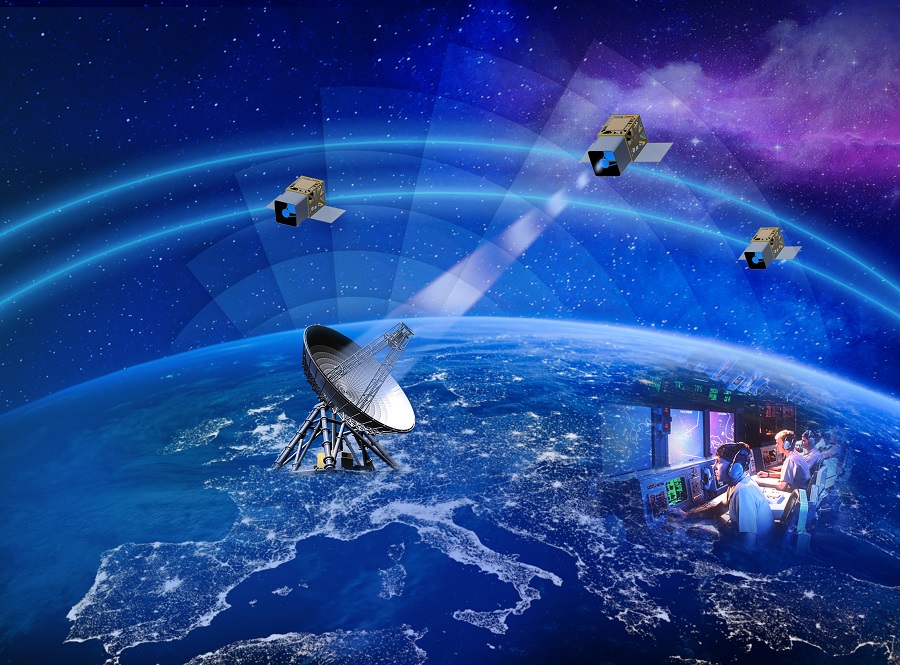


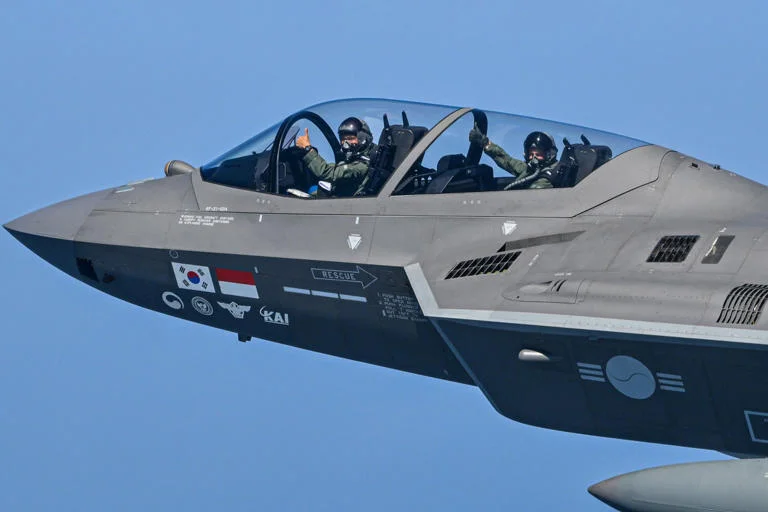

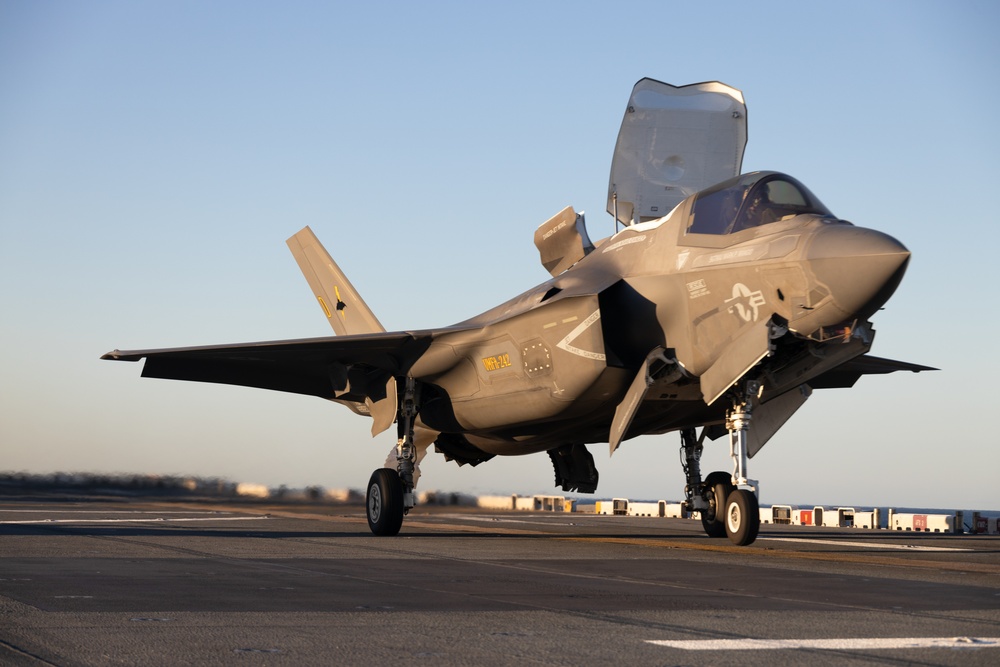


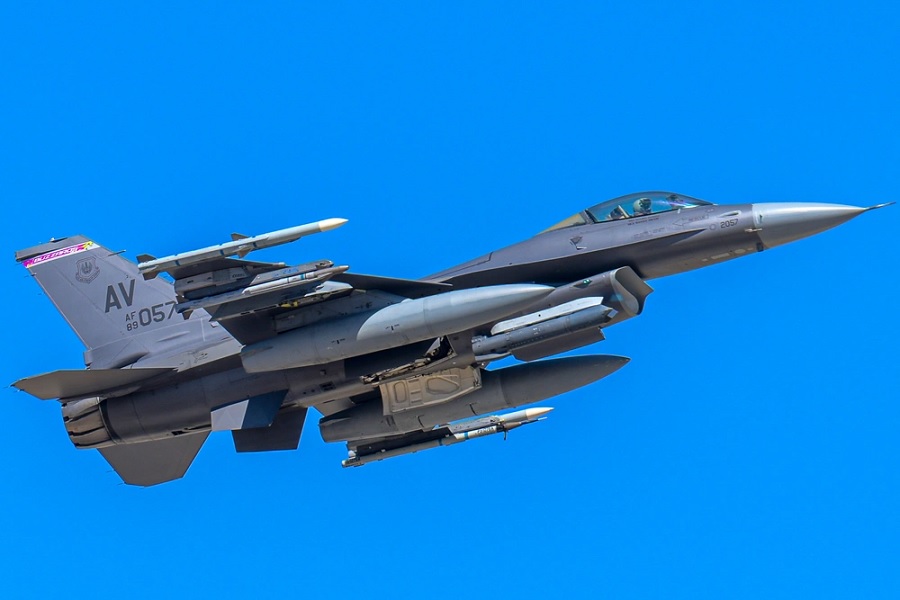
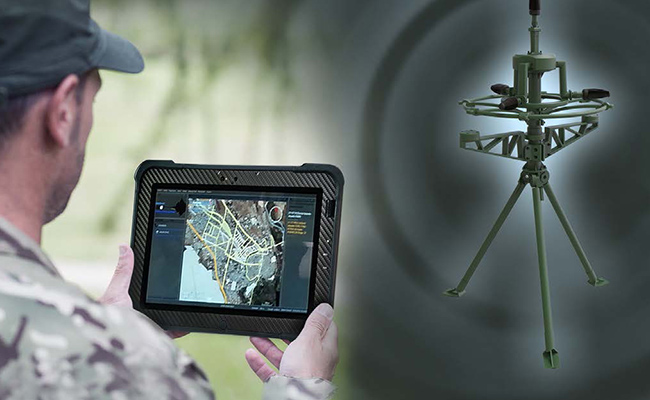

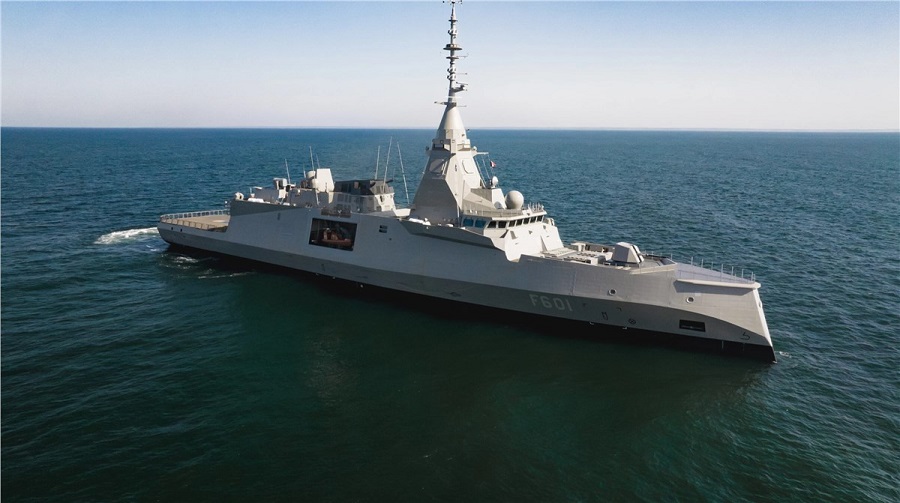
![B-2 Spirit bombers and F-22 Raptor fighters conduct flyover of White House [VIDEO]](https://defence-industry.eu/wp-content/uploads/2025/07/B-2-Spirit-bombers-and-F-22-Raptor-fighters-conduct-flyover-of-White-House-VIDEO.jpg)



